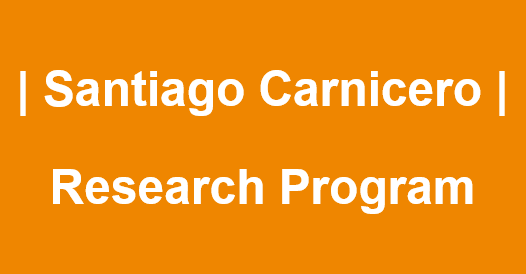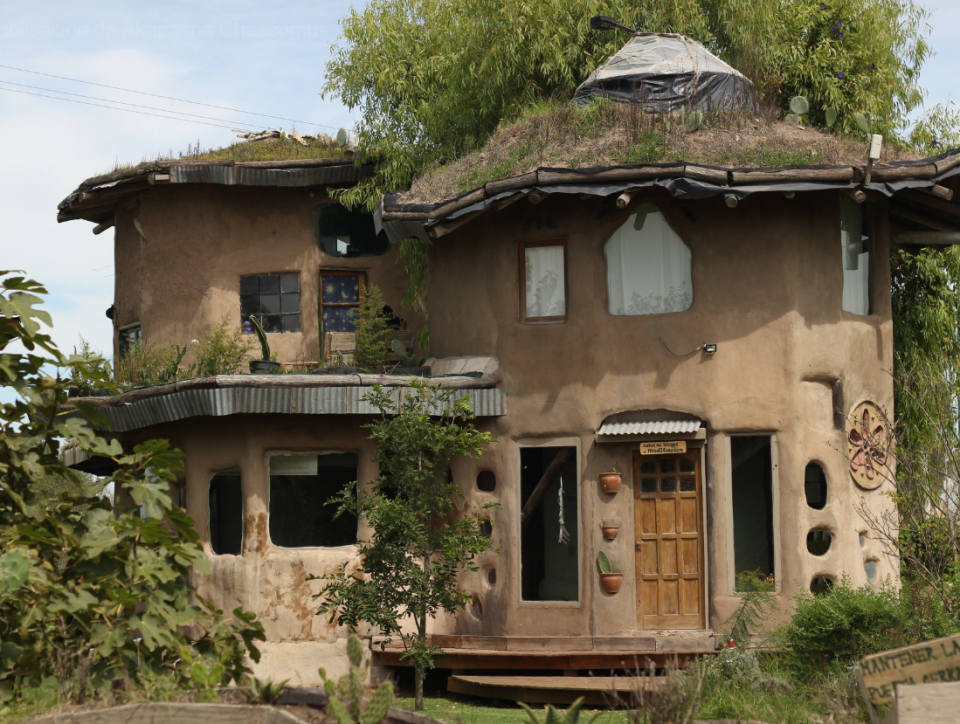
Cite as: Carnicero, Santiago. 2019. Research Program Description. University of California. December http://centerforethnography.org/content/santiago-carnicero-research-program/essay
This project seeks to understand how sustainability is embodied in intentional communities applying permaculture principles, alternative social structures, and alternative forms of economy. This program seeks to unpack their rearticulations of dominant environmental and social discourses, understand what are the internal logics (and contradictions) that sustain their modes of living. What are the tensions between their discourse and mainstream environmental discourses (contradictions, implications, agreements, exclusions)? What idioms are we missing within the mainstream environmental discourse? What explicit and implicit forms does their cultural critique takes? What alternative economies they propose for sustainability? And how different forms of knowledge transmission and education can be leveraged to make available this knowledge to the mainstream world.
All the resource depleting and horror stories since industrialism have already been told, this research project simply wants to look at who we want to be.

Adobe houses built by the community in Akapacha, Chascomús, Argentina
Unattended market in Akapacha community, Buenos Aires, Argentina. This market sells the organic produce of the community to visitors and neighbors, with the particularity that it remains unattended and without any surveillance device. In order to access you need to pick the key lying right above the locked door, you can enter, take whatever you need, weight the product, check the price in a list, put the money in the register and take the corresponding change if you did not pay the exact amount. Then, leave and close the door behind you.
Earthaven’s fundamental commitment to conflict resolution is expressed in their ReMembership Covenant: “We commit ourselves to transcend mere compromise and to reach for truly transformative solutions.”
For this purpose they have stablished a number of stablished processes: Heartshares, Threshings, Check-ins.
Heartshares are a forum for interpersonal communication and conflict resolution. Any community member may request a heartshare with another community member or suggest that two or more community members should come together for a heartshare. This process is designed to encourage open and honest communication and to provide a safe environment for the expression of frustration and even hostility.
Threshings as an open-ended forum within which to discuss single issues that are of broad relevance to the community. These separate forums are required because the community must sometimes discuss issues that are so fundamental and so demanding of an open-ended discussion that cannot be accommodated in the relatively structured environment of a Council meeting.
Check-Ins are forums during which each individual community member is allotted a certain amount of time to express their feelings and talk about what they have been experiencing. They may choose to talk about whatever topic they would like; it can be entirely personal or more specifically related to the community or its members